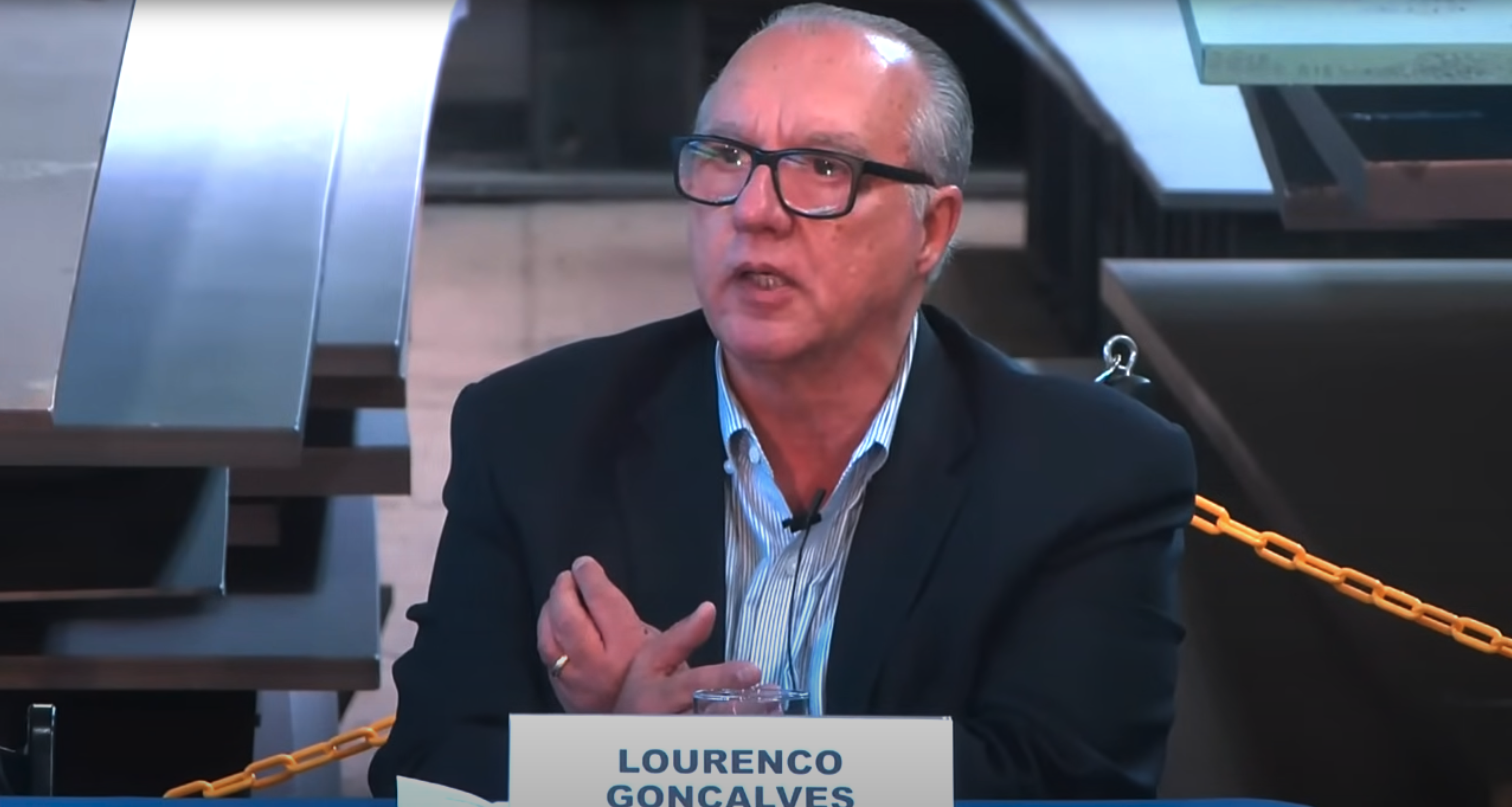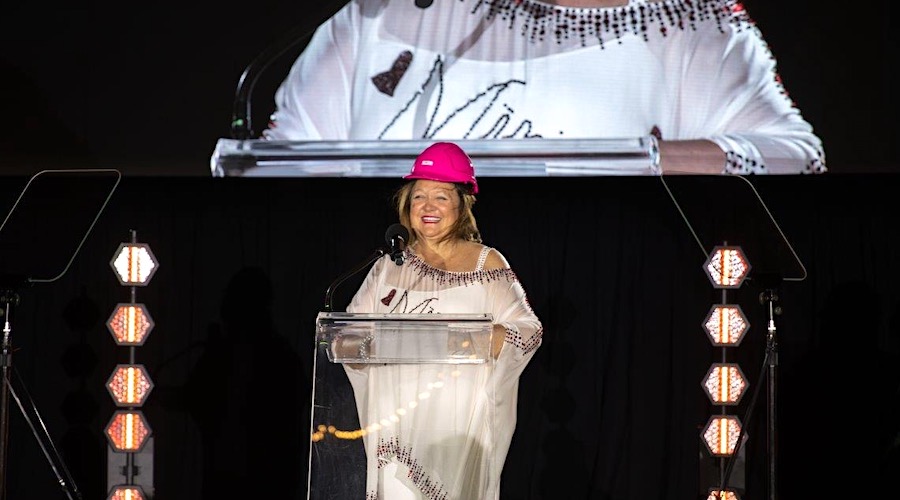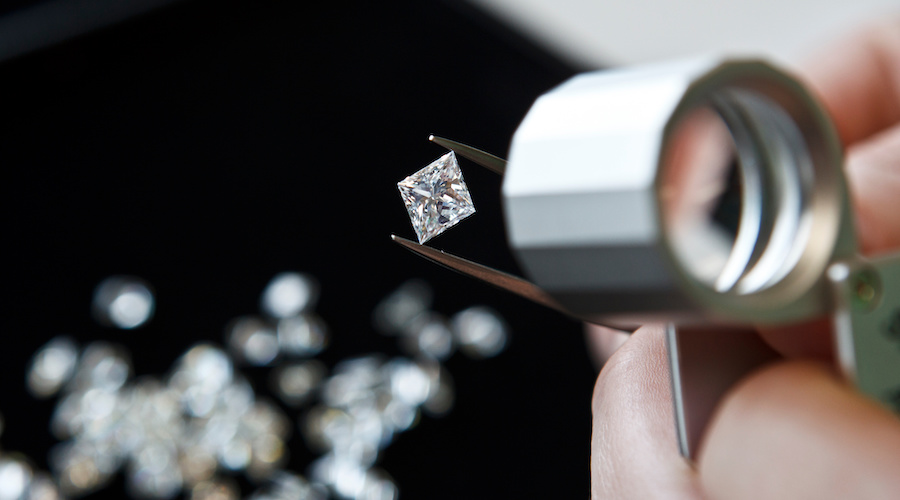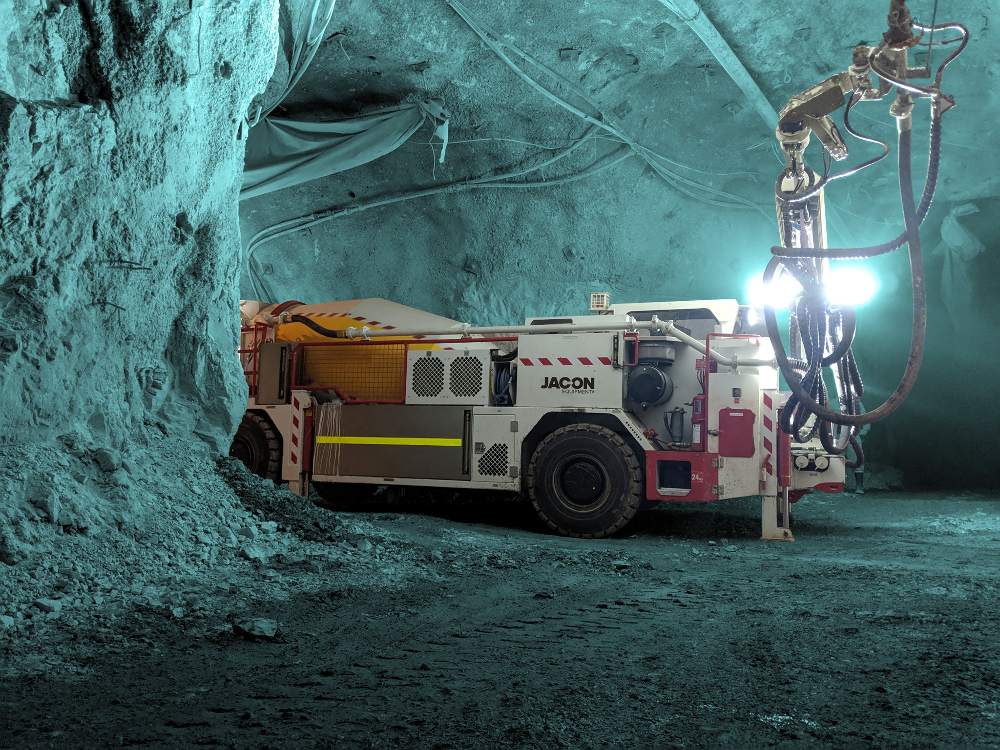QUEENSLAND –
Vendetta Mining announced that it has just received the results from an independent preliminary economic assessment or PEA for its Pegmont lead-zinc project located in Queensland, northeastern Australia
In a press release, Vendetta explained that the PEA was developed by a team of independent consultants, including AMC Mining Consultants, GR Engineering Services, and AARC Environmental Solutions.
According to the miner, the PEA revealed that Pegmont has a mine life of 10 years at 3,000 t/d open pit followed by an underground operation.
The project economics seem to be low risk, as it needs a pre-production capital of A$170 million and a life of mine sustaining capital of A$59 million.
Based on a long term consensus of metal prices that put lead at A$0.94/lb., zinc at A$1.09/lb., and silver at A$16.50/oz., the after tax net present value of the project is A$124 million with an internal rate of return of 24%. After tax payback period is estimated in 3.5 years.
Among other highlights, the PEA predicts an average annual production of 124 million lb. of lead, 50 million lb. of zinc and 298,000 oz. of silver, with an average net smelter return of 135/t of ore.
"The results outlined in the PEA demonstrate a robust, stand-alone project. The project has been able to take advantage of Pegmont's location in the centre of well-developed infrastructure to deliver a pre-start capital that makes this an achievable project to develop for an aspiring junior miner,” Michael Williams, Vendetta's president and CEO, said in the media statement. “We are pleased with the strong results of the PEA and intend to now move to add incremental tonnes that can be brought into the mine plan, continue with early permitting work and expand exploration efforts.”
Pegmont is situated some 30 km from BHP’s Cannington silver-lead-zinc mine, Chinova’s Osborne copper-gold operations, and Starra gold-copper mine.
The overall morphology of the stratiform mineralized horizon in the area is a flat, gently easterly dipping sheet. Vendetta said that the known mineralization extends approximately 2 km along strike and approximately 1 km in the down-dip direction to the southwest.
“At present mineralization is known to extend to a depth of 350 metres below surface. Lead-zinc mineralization occurs in the Main and Footwall BIF’s. Mineralization in the Main BIF [banded iron formation] is around 2 to 6 metres thick,” the company’s website reads.
This story first appeared on www.Mining.com.





Comments